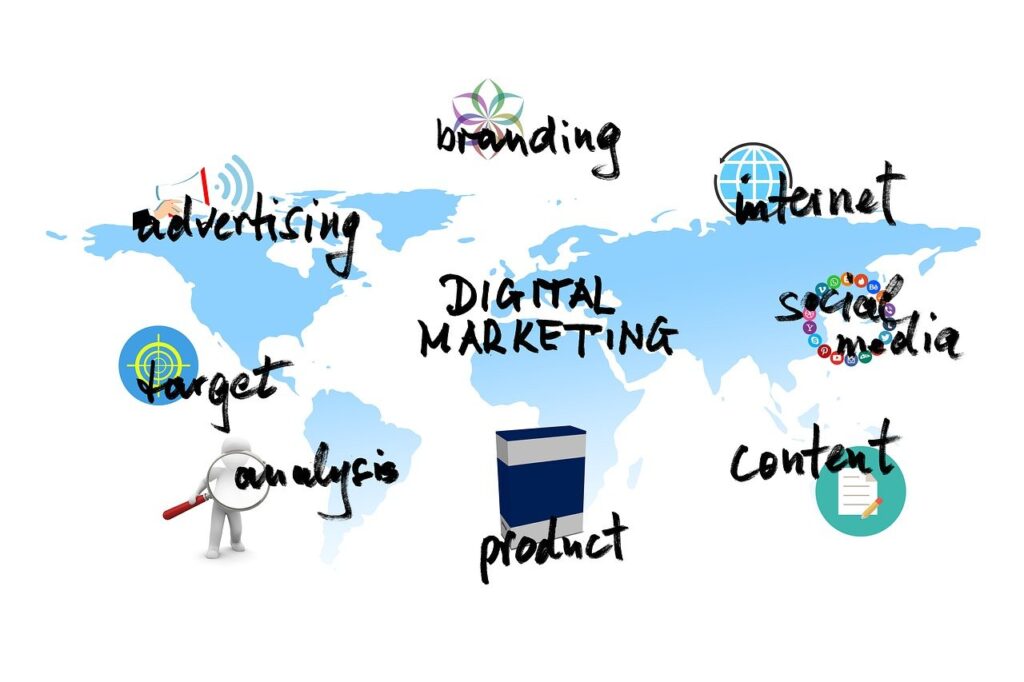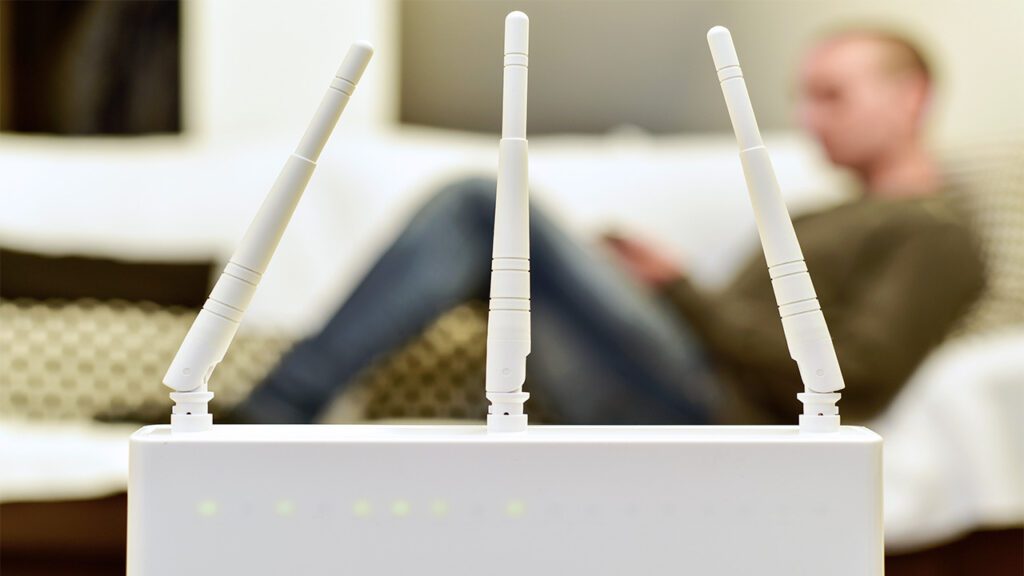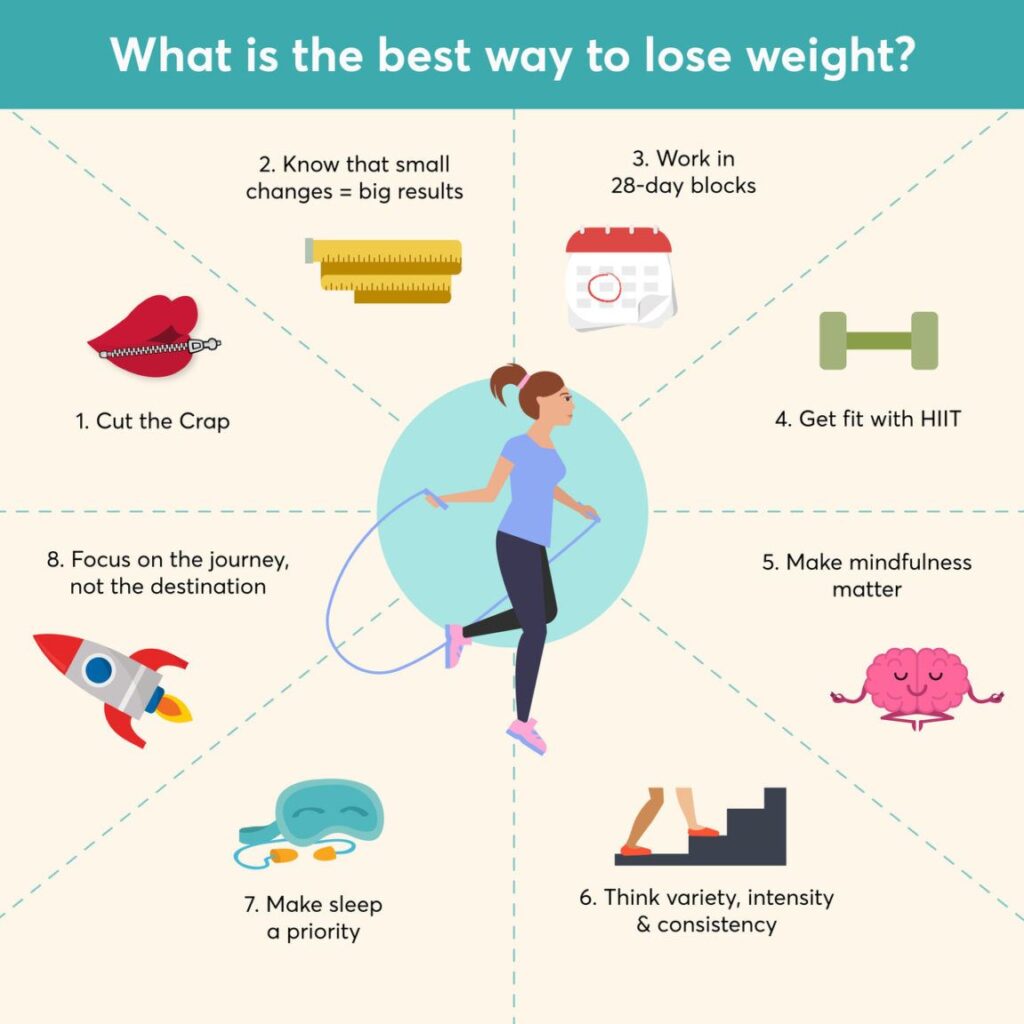These three terms can help marketers as they’re writing commercials, tweaking ad campaigns, and adjusting media buying strategies immediately.
Customer understanding is the foundation of any effective marketing campaign. Insight into your customer’s wants and wishes, also as their fears and aspirations, should guide your marketing strategy and therefore the creative campaigns that follow.
Careful monitoring and refining of campaigns after they launch are usually essential. that’s even more true during extraordinary times when a consumer’s normal behavior is upended by an outdoor force.
Writing Commercials During A Crisis
1. Don Not Go Dark
When a crisis hits, especially an unprecedented one that upends the traditional patterns of life, it’s critical for brands to stay talking. Going dark might economize upfront, but it’ll cost you within the end of the day. Not communicating could lead to decreased mindshare, which can translate into lost market share down the road.
If you stop talking but your competitors still connect with consumers in relevant and meaningful ways, they’re going to have more momentum, leaving you more ground to form up once you do start advertising again.
When chaos hits home, people want to listen to brands and entertainers they know and trust. They want ads, just like the one Kellogg’s ran, which reminded consumers that while much of life had suddenly changed, Kellogg’s was there to form sure breakfast wasn’t one among them.
Consumers Are Listening To Commercials
They’re watching brands closely and are judging their messaging. Whether it’s ‘Tiger King’ on Netflix, ‘Onward’ on Disney, or catching the newest COVID-19 updates on the cable news networks, Americans are streaming like hell.
Without live sports and events to attend, people are finding new outlets for their passions. Traditional cable platforms don’t appear to be meeting that requirement. Advertisers can maximize this.
2. Connect On The Proper Channels
Advertising inventory is abundant. Brands and agencies that use TV as a medium should start watching streaming, especially in FAST (free ad supported streaming) platforms like Pluto.
In the same two month window that Disney+ announced 50 million new subscribers, Nielsen reported a third decline in TV viewership among 18 to 49 years old. People are cutting cable, and as they are doing marketers should believe redeployments of their budgets into gaming, streaming, and online video.
Brands Sitting On The Sidelines Got To Get Within The Game
Online gaming is often profitable for marketers and will be considered a new addition to existing campaigns. Verizon announced a 75% uptick in traffic over its network that was directly associated with gaming.
Marketers will get to retool existing creative to suit the tight timeframes gaming demands, but it’s an excellent place to attach with younger audiences.
3. Craft The Proper Messages
Not only does familiarity bring comfort, but it also helps people cope. Sending the proper message to the proper people at the proper time isn’t just the cornerstone of all successful marketing efforts, it builds goodwill and trust between brands and consumers.
Adjust your message to speak in a way that connects together with your customers immediately. Show that you’ve considered what they’re browsing and offer products and services which will help them in real and meaningful ways both now and once things begin to return to normal.
People will appreciate you more knowing you recognize the way to pivot and ask them in real time and not just advertise to them, says Whipkey. Budweiser’s spot incorporating professional sports teams just like the Braves and Angels overlaid with images of empty stadiums and busy first responders and health care workers really resonated. They highlighted how they were giving back and it had been a superb example of the way to adapt a campaign quickly to make a strong spot capable of building goodwill with consumers.
Frito Lay, State Farm, and Dove provide more samples of brands that smartly adapted their messaging to stay relevant.
4. Keep Your Messaging Fresh
Closely associated with crafting the proper message is keeping your messaging fresh. Even if you adapted your campaigns eight weeks ago, when the shutdown occurred, you would like to think about updating them again. As your customers’ experiences change, your messaging must evolve to attach with them through that change.
When your campaign is crafted to attach with people at a particular moment in time, it’s easy for it to urge stale quickly, says Whipkey. When the coronavirus hit, messages around it being an uncertain time resonated. Eight weeks later, they’re old and overplayed. People are finding their new normal and advertising messages got to evolve with them.
Customer research, however informal, is often a goldmine for adjusting messaging quickly. Talk together with your customers to seek out out what they’re dealing with, understand their challenges and opportunities then find ways to repackage your products and services in response to those insights.
If you’re planning messages for spots that will run a couple of months down the road, attempt to anticipate what your customers’ needs and concerns are going to be and communicate in a broad, yet tailored way in order that you’ll avoid seeing as tone-deaf.
We’re performing on a group of spots immediately that is slated to run within the summer, says Whipkey. We don’t know what life will appear as if then, but we’re keeping our messaging faithful to the brand’s values and voice and are using examples that won’t feel anachronistic once they run. We know, for instance, that a message like “stay safe and connected, now and always” will play well whenever it runs.
5. Don Not Skimp On Quality
A final tip to stay in mind isn’t to let the standard of your advertisements drop off simply because money is tight or traditional resources aren’t available.
The assembly quality of your advertising campaigns is directly connected to the standard of your brand in consumer’s minds. Cutting the corners on your creative executions now could end in a loss of brand name equity later.
Brands try to adapt quickly immediately, says Whipkey. Not only is there not time for top production that takes a month to supply, but traditional video and photo shoots can’t be conducted while social distancing and travel restrictions are in situ, so brands are having to urge creativity. Some, like Apple, are seeing success with user generated content and sourced curated content from customers who are using their products in real settings.
It’s fun to understand that the typical person helps produce ads for giant brands immediately.
If you grind to a halt or feel overwhelmed, just remember the three terms we started with adapt, accelerate and be authentic. You’ll weather the storm and are available out successful on the opposite side.















